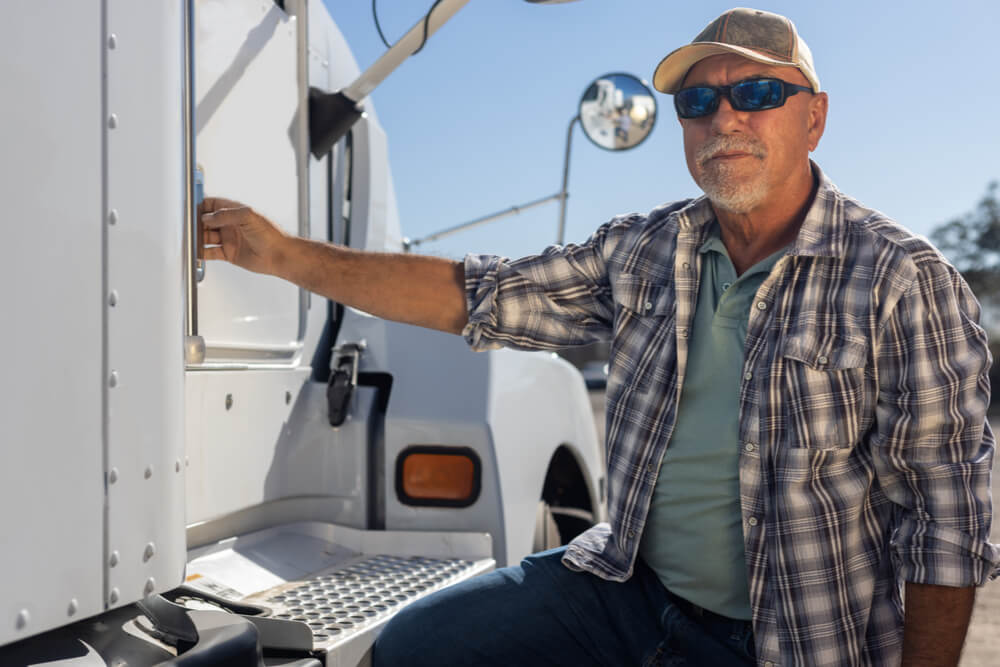
In the wake of the U.S. Supreme Court denying the California Trucking Association an appeal of the AB5 law, protests have broken out, and uncertainty hangs over owner-operators everywhere.
“It’s going to put us out of business,” Carlos Flores, a truck driver for nearly 20 years based in Oakland, reportedly said. “We’re fighting for the right to work.”
More than 100 truckers arrived at the Port of Oakland with no intention of moving backlogged containers. They showed up to protest the state stripping them of the right to self-employment. Upwards of 70,000 California independent truckers are reportedly impacted by the recent development, and many choose freedom over “working for the man,” so to speak.
“Unfortunately, it didn’t matter how many independent drivers stood up and expressed concerns during the legislative process for AB5 in 2019, they were basically ignored and essentially told by the governor and the legislature what was best for them and their families,” Matt Schrap, CEO of the Harbor Trucking Association, reportedly said. “It is no wonder why these truckers have taken matters into their own hands.”
California ports and supply chains have repeatedly come under fire during the past year. More than 110 container vessels were stuck idling off the coast, unable to dock and offload in 2021. Port of Long Beach and Port of Los Angeles continue to threaten to dwell fines as containers again pile up. Southern California warehouse space routinely hovers near full capacity and the rail system shows signs of dysfunction. Even the Port of Oakland, where truckers held a protest, is being parceled off to build a Major League Baseball stadium.
Owner-operators are growing concerned other states will follow California’s lead and ban independent truck driving. Their worries appear well-grounded, given states such as New York have quickly adopted Class 8 vehicle emissions regulations that mirror California’s. In the Midwest, Chicago officials mull California positions as well.
“Freight is a major part of the Chicago area economy, but air pollution caused by diesel emissions disproportionately harms Black and Latino communities in the region,” José Acosta Córdova of the Little Village Environmental Justice Organization in Illinois reportedly said. “This report shows how the Advanced Clean Truck (ACT) rule and the NOx Omnibus rule will set Illinois on the path towards achieving zero-emission freight and mitigating the negative impacts of diesel-powered vehicles.”
Don Schaefer, executive vice president of the Mid-West Truckers Association, indicated that Illinois lawmakers continue to mimic California. He noted that mirroring the Golden State’s zero-emission goals would prove detrimental in Chicago. He also pointed out that any type of AB5 law would have “catastrophic” consequences.
“It’s across the board. The state economy would suffer immeasurably if we were to adopt some of these California regulations in Illinois,” Schaefer reportedly said. “It’s gonna be bad for California, but it’s also going to be something that every other state is going to look at and say, ‘if we do this then the total trucking industry from the independent contractor standpoint will be in turmoil.’”
Sources:











Leave a Comment